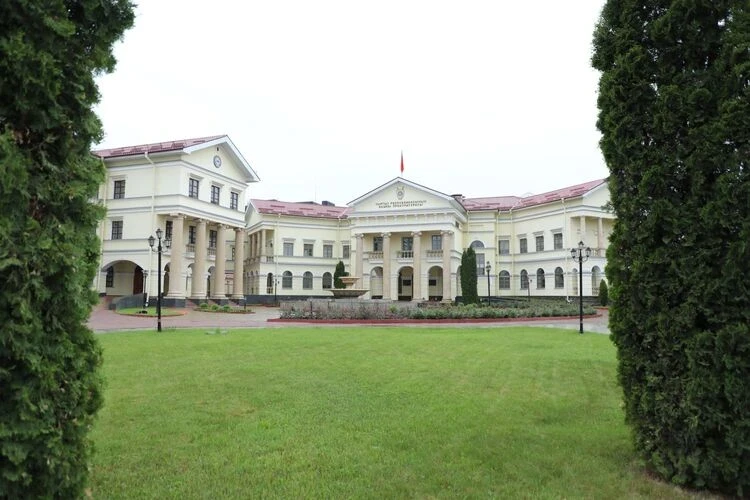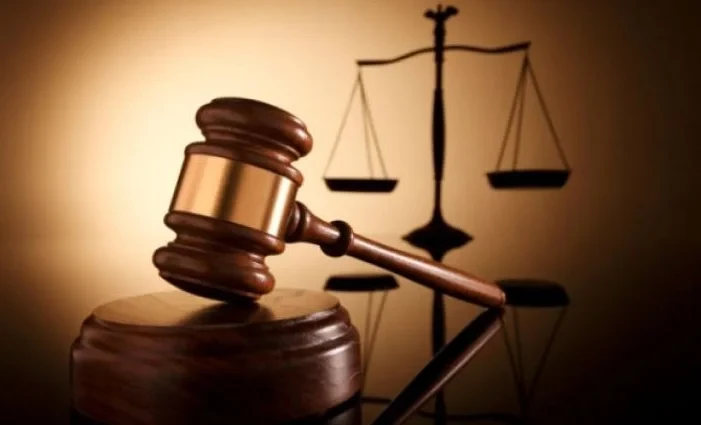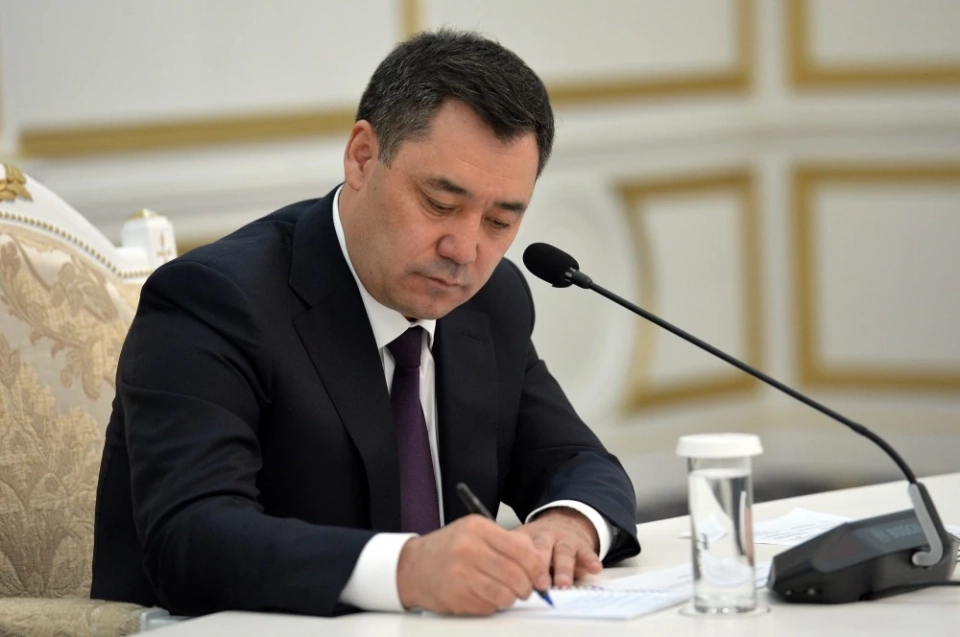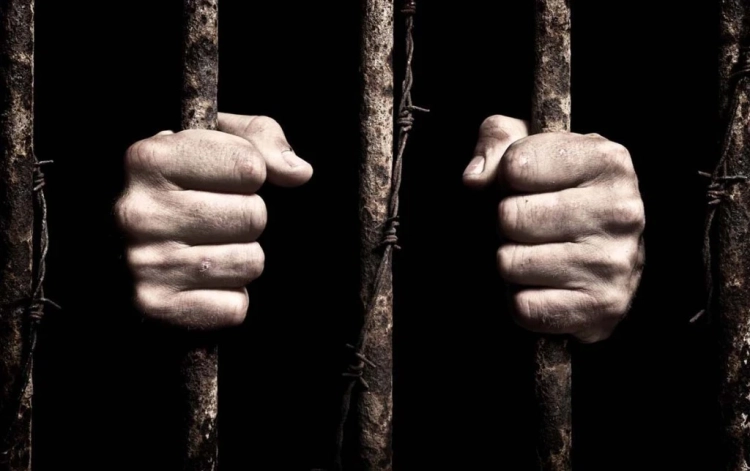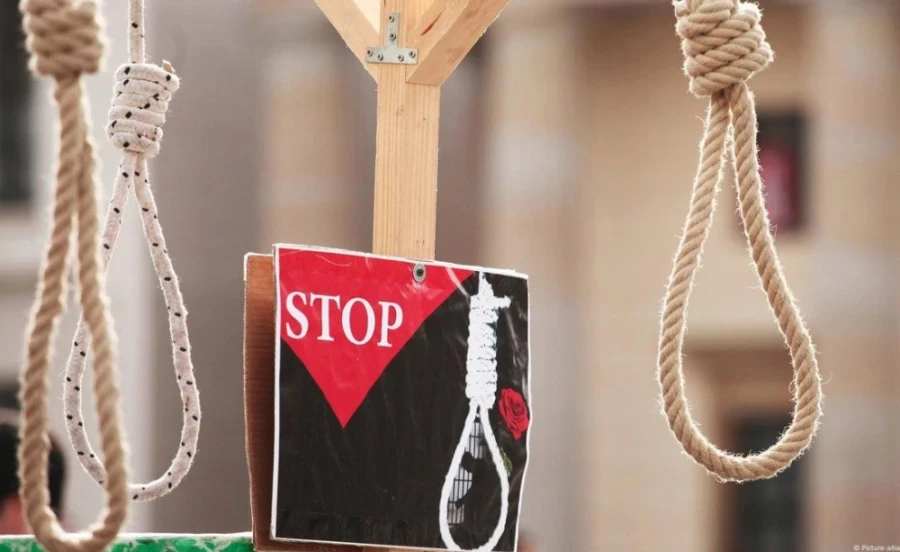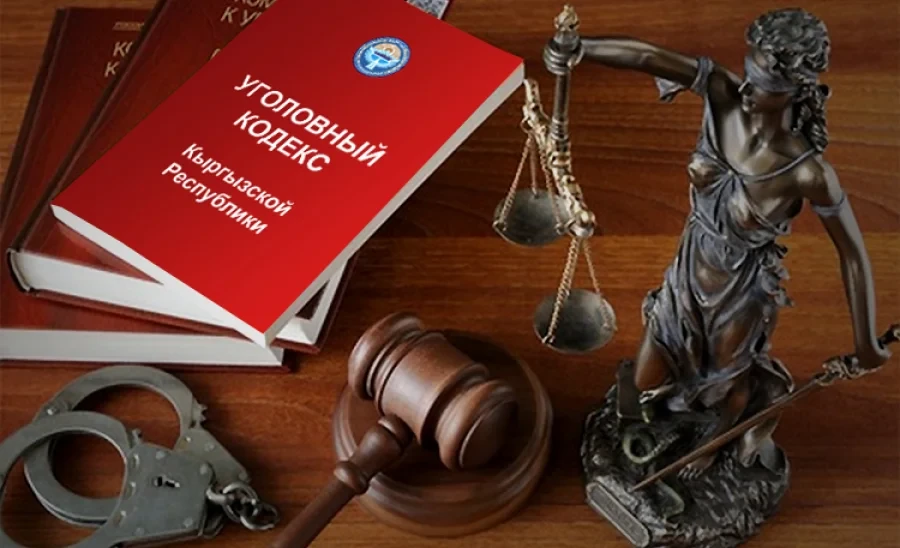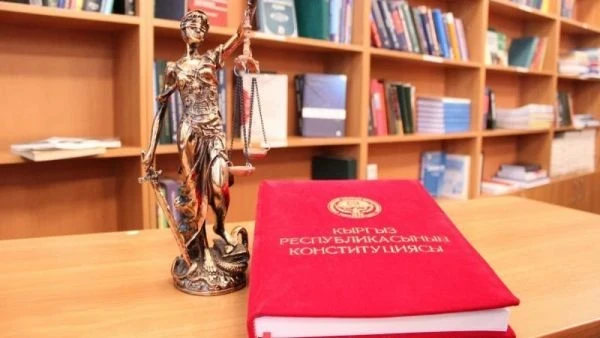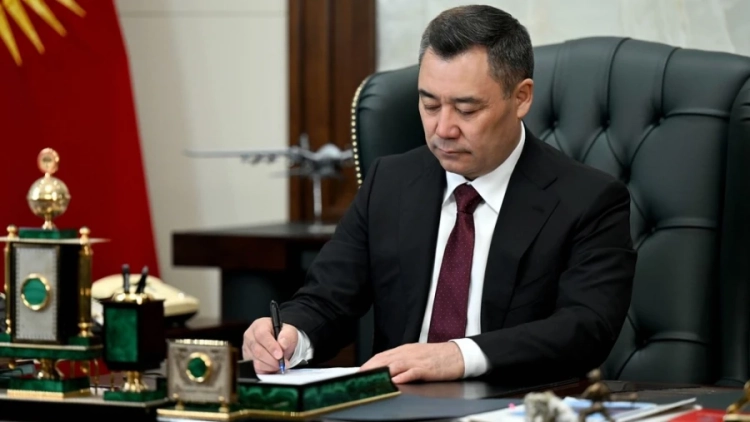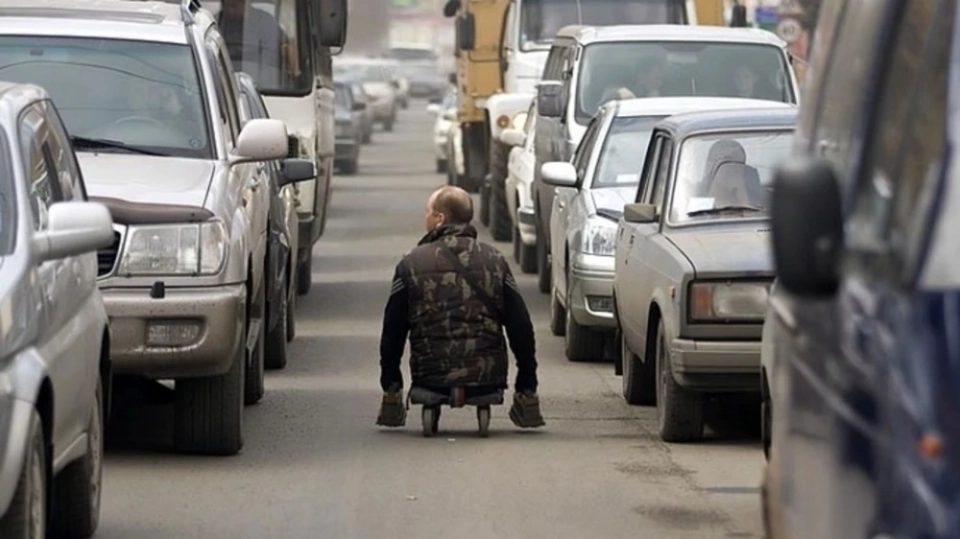General Description of the Draft Law
The draft law proposes amendments to the Criminal Code, Criminal Procedure Code, and Civil Code of the Kyrgyz Republic.The main goal of this draft law, according to the explanatory note, is to introduce a new mechanism into the Criminal Procedure Code that will allow for the confiscation of property obtained illegally before a verdict is rendered. This will enable the seizure of assets whose origin cannot be confirmed without the need for a guilty verdict from the court. This measure aims to improve results in the fight against corruption and organized crime, as well as to return assets to the state budget, which aligns with international standards of the rule of law.
However, the concept of the draft law introducing confiscation before a guilty verdict contradicts the Constitution of the Kyrgyz Republic and the fundamental principles of criminal law, including the protection of property rights and legal certainty. It undermines the basic guarantees established by the Constitution and creates risks of arbitrary interference in private life, as well as expanding the discretionary powers of state bodies.
II. Legal Expertise
1. Contradictions with the Constitution of the Kyrgyz Republic.The proposed draft law allowing for the confiscation of property before a guilty verdict contradicts numerous norms of the Constitution and international obligations of the Kyrgyz Republic for the following reasons.The project affects the fundamental guarantees on which the human rights protection system in the country is based and significantly alters the understanding of the boundaries of state interference in the property rights of citizens.
1.1. Presumption of Innocence (Article 57 of the Constitution of the KR). Every person is presumed innocent until proven guilty in accordance with the law and confirmed by a legally binding court verdict. Violation of this principle is grounds for compensation for damages.
The proposed institution of confiscation allows for:
- declaring property illegal;
- establishing a connection between the property and a crime;
- applying confiscation without a guilty verdict, that is, without a finding of guilt.
The decision to confiscate property before a verdict is, by its nature, accusatory, which is unacceptable in a rule of law.The Constitution guarantees that a person is presumed innocent until their guilt is established in a judicial manner. This principle serves as protection against state interference in the rights of citizens based on assumptions about their involvement in a crime.
The proposed model of confiscation allows the court to declare property illegal and establish its connection to a crime without a confirmed guilty verdict. This creates the possibility for the state to declare a person guilty in the absence of an established crime, which violates the very essence of the presumption of innocence.
Any decision on confiscation before the completion of the criminal process will contain a conclusion about the connection of the property to criminal activity, which is only possible after a full judicial review and the existence of a guilty verdict. By allowing confiscation at early stages, the draft law effectively creates a condition for indirect accusation without a verdict, which is unacceptable.
1.2. Property Rights and the Procedure for Seizure of Property (Article 20 of the Constitution of the KR).
Article 20 guarantees the protection of property rights and allows for their seizure only in clearly established cases by law and only by court decision.
The Constitution requires that any state interference occurs through a fair procedure, with legal certainty, and be proportional. This means that the limitation of property rights must be based on specific facts, not on assumptions about the illegal origin of the property.According to the Constitution, confiscation can only occur as a consequence of a court-recognized guilt. Establishing the fact of a crime is only possible after a full criminal trial and the issuance of a guilty verdict. Thus, the Constitution links the possibility of confiscation to the existence of a legally binding verdict that confirms the fact of a crime and the guilt of a specific person.
If it is proposed to deprive ownership without confirmed guilt, this creates the possibility of confiscation in the absence of a guilty verdict and effectively violates constitutional guarantees.
Property rights are a fundamental constitutional right. Therefore, the seizure of property must occur only on the basis of a court decision in strictly defined cases by law.It is also necessary to adhere to the principles of legal certainty and fair procedure, meaning that a court can deprive a person of property only under established circumstances, not based on assumptions.
In current legislation, confiscation is viewed as a criminal law measure applied exclusively as a consequence of a crime, which corresponds to both national legislation and international practice. Deprivation of property is only possible after establishing a crime and the guilt of a person, as well as the connection of the property to criminal activity.
The project proposes a different approach, allowing for the seizure of property without a finding of guilt. This creates a situation where the state can interfere with the property rights of citizens based on assumptions about the illegal origin of the property, which is impossible until the fact of a crime is confirmed.
1.3. Violation of the Principle of Proportionality. There is a risk of violating the principle of proportionality of interference, which requires justification of necessity and minimal limitation of rights.
The principle of proportionality requires that any state interference be clearly justified, correspond to real necessity, and not exceed the permissible level of impact. This is especially relevant in matters concerning the property rights of citizens.
Confiscation is one of the most severe measures, as it completely deprives a person of property and does not imply a simple mechanism for restoring rights in case of error. Therefore, it can only be applied under all conditions of legal certainty and exclusion of arbitrary interference.The application of confiscation before a guilty verdict lacks legal justification, as at this stage no crime or guilt of a specific person has been established, making such a measure excessive and unacceptable.
Punishment without a verdict leads to interference based on assumptions, which contradicts the principle of proportionality and creates an imbalance between the protection of public interests and the observance of citizens' rights.
1.4. Threat of Arbitrary Application of Norms. The project contains formulations based on broad and undefined evaluative concepts, giving investigative and prosecutorial bodies too much discretion.
The lack of clear procedural rules can lead to arbitrary application of norms, undermining trust in justice.
In conditions of uncertainty, law enforcement agencies may apply the confiscation mechanism based on their own assessments, rather than established facts.This creates a risk that the simplified confiscation procedure will replace a full criminal investigation, negatively affecting trust in justice.
2. Creation of a Parallel Process Outside Criminal Proceedings.The draft law effectively establishes an independent procedure within which the court must establish the facts of the alleged crime, evaluate evidence, and decide on the confiscation of property, although these issues should only be resolved in criminal proceedings. This creates a parallel system, undermining the principle of the unity of criminal proceedings.
Moreover, the project does not establish standards of proof that apply in criminal cases, and there are no criteria for determining the illegal nature of property. There are also no guarantees for the protection of bona fide third parties and mechanisms for compensation in the case of illegal confiscation, creating uncertainty.
3. Corruption Risks and Expansion of Discretionary Powers of State Bodies (Article 4 of the Constitution of the KR).The proposed model of confiscation creates significant risks for corruption, as it endows investigators and prosecutors with broad discretionary powers, allowing them to initiate confiscation proceedings at their discretion.
The absence of mechanisms for independent verification of investigative actions and the simplification of the property seizure procedure may lead to the use of confiscation as a tool of pressure on citizens and businesses, which contradicts the Constitution.
4. Limitation of Constitutional Rights that Cannot Be Limited (Part 5 of Article 23).Part 5 of Article 23 of the Constitution explicitly states that the rights and freedoms of citizens cannot be limited except in cases provided for by the Constitution itself. The proposed model of confiscation before a verdict affects rights such as property rights and the presumption of innocence.
Since the Constitution does not allow for the limitation of these rights in the form of confiscation before establishing guilt, the proposed mechanism exceeds what is permissible.
5. Quasi-Criminal Nature of Liability.Confiscation of property relates to measures of criminal impact and can only be applied within the framework of criminal proceedings. The attempt to separate confiscation from criminal proceedings and present it as an independent procedure distorts the nature of this measure.
This approach creates quasi-criminal punishment without a finding of guilt, which contradicts the international obligations of the Kyrgyz Republic.
6. Analysis of International Documents: Limits and Conditions for the Application of Confiscation.When considering the issue of property confiscation, it is necessary to take into account international documents. However, they do not require states to introduce mechanisms for confiscation before a guilty verdict is rendered.
The UN Convention against Corruption and other international acts allow for confiscation only with the observance of procedural guarantees and the establishment of facts of a crime.
Thus, international documents cannot serve as a basis for the proposed law, as the Constitution of the Kyrgyz Republic has supreme legal force and requires compliance with procedural guarantees.7. Internal Contradictions in the Draft Law.The draft law contains contradictions in the formulations regarding confiscation. It establishes a general rule about the necessity of a court decision but simultaneously proposes a separate procedure for confiscation in special cases, creating confusion and ambiguity.
III. Explanatory Note
- 1.
The introduction of confiscation before a verdict may negatively affect the rights of bona fide owners, creating a risk of errors and abuses.It should also be noted that the adoption of the draft law may reduce the level of trust in state bodies and justice, creating a sense of arbitrariness.
In light of the above, additional human rights and anti-corruption expertise should be conducted on the draft law to assess its compliance with constitutional guarantees and prevent possible abuses.
Conclusions
The analysis shows that the proposed model of property confiscation before a guilty verdict introduces a criminal law measure without established guilt. This approach contradicts the principles of the Constitution, as the presumption of innocence and the inviolability of property are fundamental guarantees of the rule of law. Confiscation can only be applied based on a court verdict confirming the fact of a crime and the guilt of a person. The proposed structure violates the principle of legal certainty and creates risks of abuse.The project allows interference in the property rights of citizens before establishing the fact of a crime, which violates the principle of proportionality and creates a risk of arbitrary application of norms. It affects constitutional rights that cannot be limited without direct indication in the Constitution and expands the discretionary powers of law enforcement agencies, creating corruption risks. All these factors indicate that the draft law in its current form requires significant revision.
Recommendations
Given the identified risks, it is advisable to abandon the introduction of property confiscation before a guilty verdict in the proposed version. This mechanism can only be considered within the framework of criminal proceedings with strict adherence to procedural guarantees that ensure the protection of citizens' rights. Any similar procedures must align with constitutional standards.It is recommended to send the draft law for additional human rights and anti-corruption expertise to obtain a comprehensive assessment and identify additional risks.

